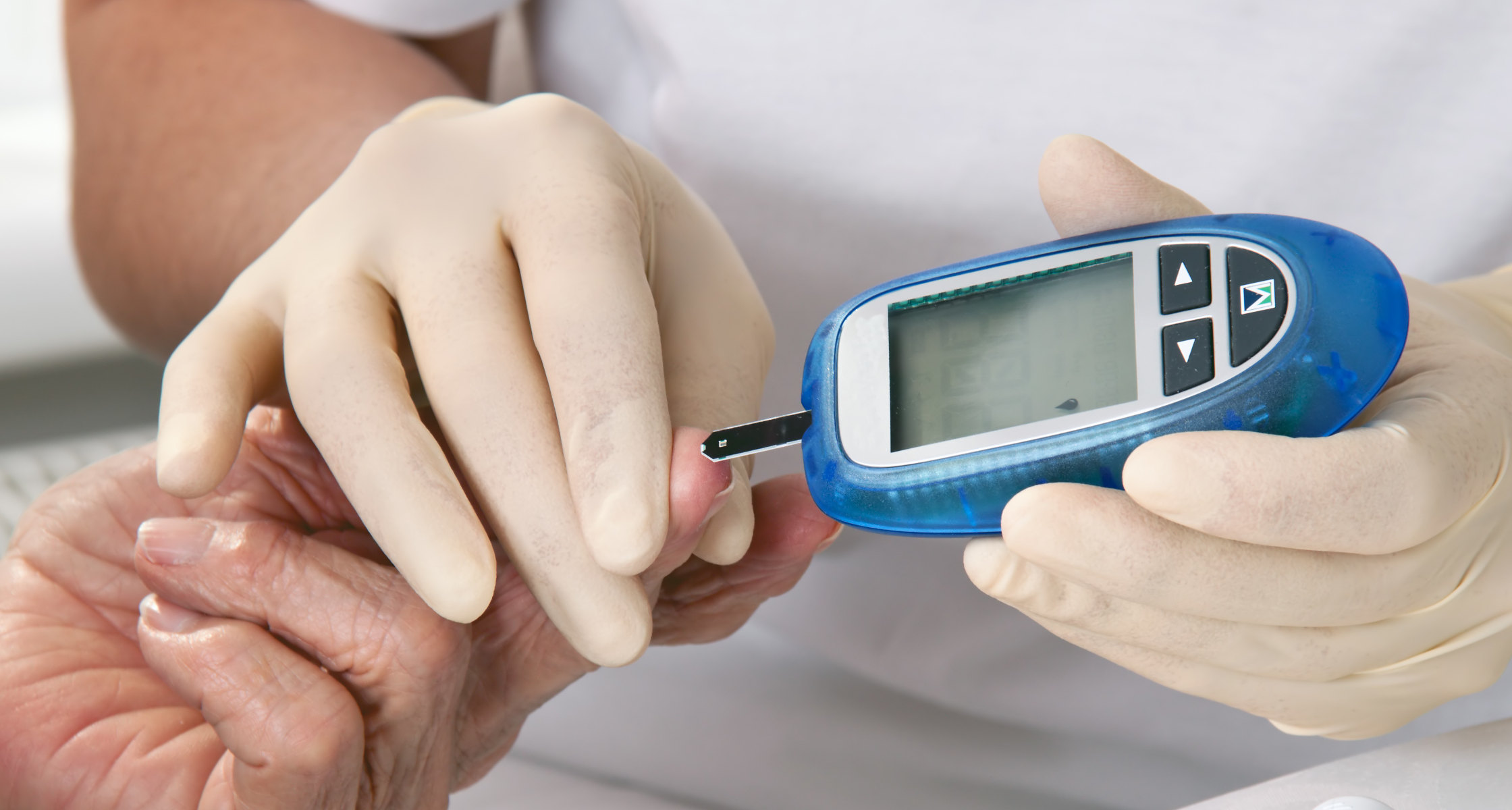Diabetology
Diabetology deals with disorders of the sugar homeostasis and the prevention, treatment and complications of diabetes. In the case of diabetes, we distinguish between prediabetes (a condition before diabetes where the blood sugar level is higher than normal), gestational diabetes, type 1, and type 2 diabetes.
What is the difference between type 1 and type 2 diabetes?
Type 1 diabetes is an autoimmune disease in which the immune system attacks the insulin-producing cells of the pancreas. The death of insulin-producing cells leads to a lack of insulin, which results in the overturn of blood sugar levels in the body. The disease is incurable but can be controlled with appropriate treatment (insulin supplementary injection, insulin pump).
Insulin is a hormone produced by beta cells in the islets of Langerhans in the pancreas, which helps the incorporation of sugar into the cells.
In case of type 2 diabetes, the insulin produced by the body cannot adequately control the blood sugar lowering effect, i.e. there is insulin resistance. The malfunction of insulin receptors causes insulin resistance. Type 2 diabetes can be suppressed with regular monitoring of blood sugar levels, supplemented with a balanced, healthy diet, proper exercise, and in some cases, medication.
What happens during a diabetologic examination?
During the diabetologic examination, the diabetologist interrogates the patient in detail about their lifestyle, diet, and eating habits. They suggest further tests based on medical history and lifestyle. Following the physical examination, treatment options will be discussed.

Oral glucose tolerance test
The oral glucose tolerance test (OGTT) is a laboratory test used to detect gestational diabetes, diabetes that has not yet caused complaints, and a condition that precedes it (decreased glucose tolerance), and to assess carbohydrate metabolism.
OGTT should not be performed with people who have diabetes if a fasting or postprandial blood glucose value can be used to diagnose diabetes.
A balanced meal of at least 150g of carbohydrates per day is recommended before OGTT.
The test is performed in the morning on an empty stomach with two samples. First, fasting blood is taken, followed by a blood sugar check. If the measured value is below 7.00 mmol/l, the test can be performed, at which point the patient should consume a sweet solution containing 75g of glucose. Then, a second blood sample is taken after 120 minutes, from which the glucose tolerance can be determined after the blood sugar level test.
Amylum tolerance test
The amylum (starch) tolerance test (ATT) tests the function of the pancreas when starch (amylum) is delivered to the body.
The test is performed on 2 consecutive days. On the first day, 5 blood samples are taken, the first on empty stomach, followed by the consumption of a solution containing 75 grams of glucose, and then after 30, 60, 90, and 120 minutes, another blood sample is taken to monitor the development of blood sugar levels.
On the second day, 4 samples are taken: the first is also on empty stomach, followed by 3 additional blood samples half an hour apart. After the empty stomach sampling, the patient should consume a solution containing 75 grams of wheat starch. Half-hourly blood sampling monitors the change in blood sugar levels, as amylase enzyme is needed for the breakdown starch, and successful breakdown involves an increase in blood sugar levels.

In what cases should you consult a diabetologist?
- In case of suspected diabetes: visual disturbances, constant thirst, weight loss, frequent urination, recurrent fungal infections, fatigue
- Already developed diabetes
- For screening purposes over 45 years of age
- For screening purposes, persons under 45 years of age:
- with a body mass index above 25
- those with high blood pressure and high blood lipid levels

